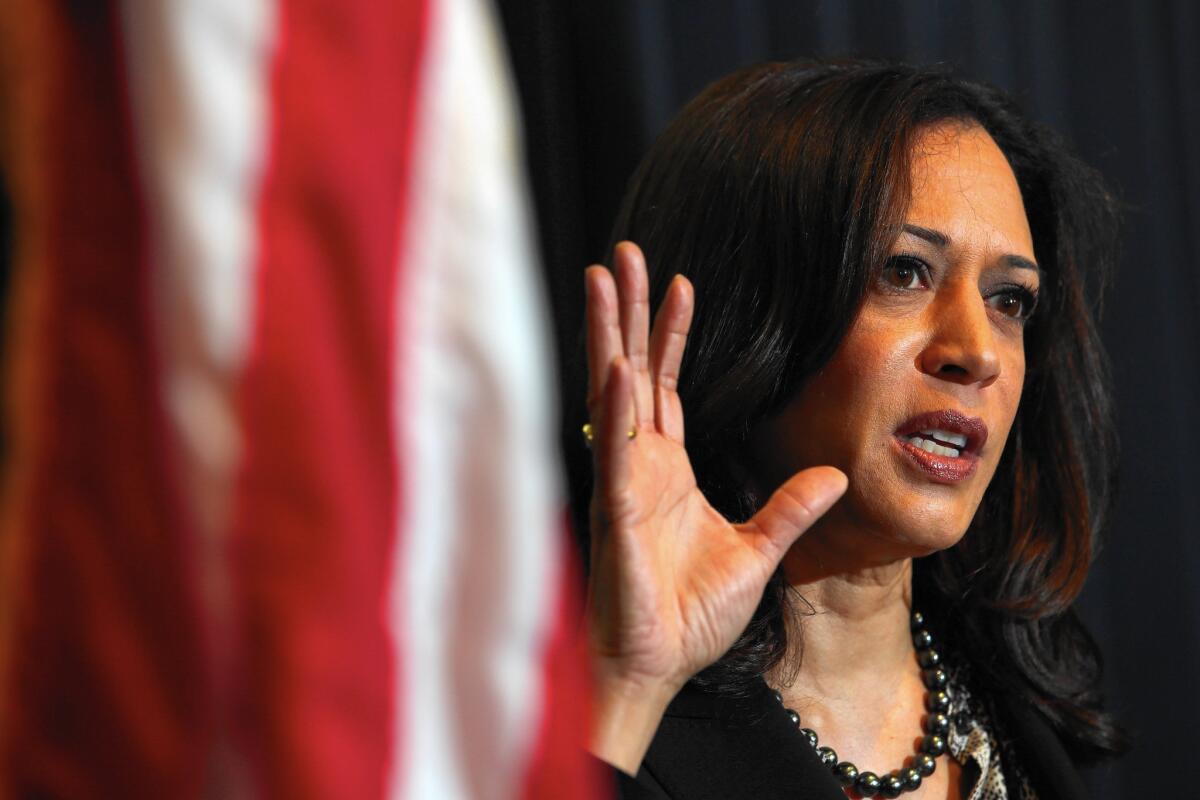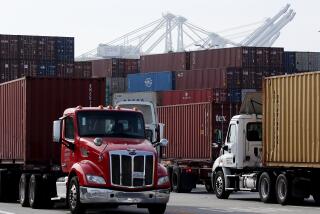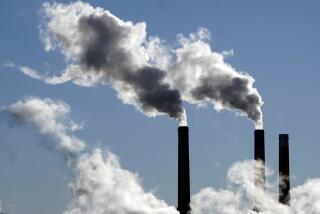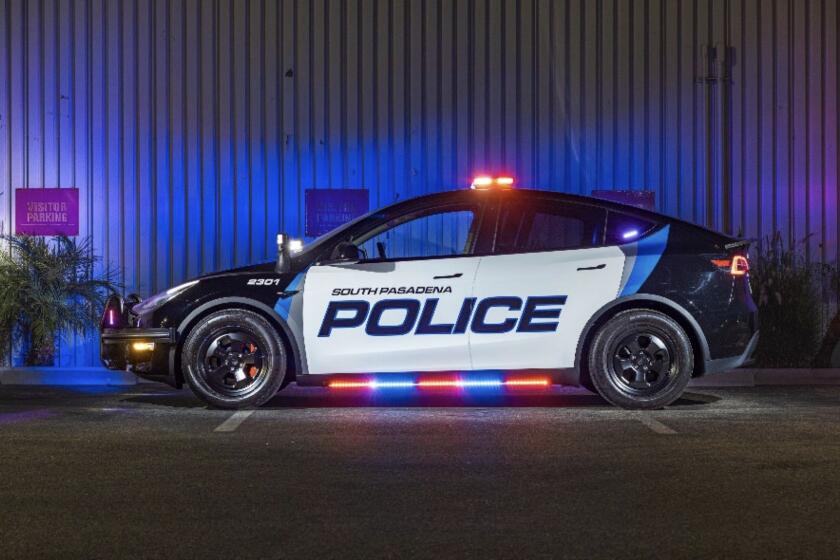Race is on to file suits against VW

Volkswagen’s stunning admission that it rigged its diesel cars to pass emissions tests is setting up one of the largest, costliest legal cases in U.S. history.
And it could all be played out in a federal courtroom in Los Angeles.
More than 230 federal class-action lawsuits have been filed against the German automaker in courts across the United States. Legal experts say the cases probably will be consolidated before a single judge, perhaps in U.S. District Court in Los Angeles, whose jurisdiction includes El Monte, where key evidence against Volkswagen was developed out of a California Air Resources Board office.
The first case filed in Los Angeles and only the second nationwide was on Sept. 20 by attorneys with the Seattle firm Keller Rohrback, which specializes in complex litigation and represented people affected by the Exxon Valdez oil spill.
Keller Rohrback lawyers had spent two frantic days lining up clients and preparing the lawsuit, its attorneys neglecting sleep in an effort to be among the first firms to file. Plaintiffs lawyers often try to file first in order to be considered to be named lead attorneys in a case.
The lawsuit accuses the company of deceiving customers by selling cars supposedly environmentally friendly when they actually were emitting as much as 40 times the legally allowed amount of nitrogen oxide.
“We had a paralegal working feverishly to capture VW advertisements from the Web as Volkswagen was pulling them down,” said Matthew Preusch, who works out of Keller Rohrback’s Santa Barbara office. “It sure helps to get them early and it really helps flesh out the allegations.”
The ads were potential evidence because they said Volkswagen made “the world’s cleanest diesel engines,” a claim that made the automaker popular with car owners who cared about fuel efficiency and air quality.
Volkswagen spokesman Mark Gillies declined to comment on the legal cases. The company has apologized and accepted the resignation of its chief executive, Martin Winterkorn.
Gretchen Freeman Cappio, another Keller Rohrback attorney, said the firm believes Los Angeles is a likely candidate for consolidation both because of the Air Resources Board connection in El Monte and the fact that California has more Volkswagen owners than any other state.
But there is plenty of competition.
In addition to Los Angeles, one possible location is Virginia. That would be a logical choice because Volkswagen’s U.S. headquarters is in Herndon.
The first case was filed Sept. 18 in San Francisco — just hours after news of Volkswagen’s actions broke — by Steve Berman, a Seattle attorney who specializes in class-action consumer-protection cases. He was a lead attorney in the Toyota sudden acceleration litigation.
Another lawsuit filed Wednesday in Virginia, seeks damages on behalf of investors who have seen the company’s stock lose billions of dollars in value in the wake of the scandal. In yet another case, Harris County, Texas, where the city of Houston is located, is accusing Volkswagen of creating pollution that damaged public health.
Still more lawsuits are expected from Volkswagen dealers whose businesses have been hammered by the controversy. There also could be lawsuits from Volkswagen competitors who lost market share to the high-performing but secretly polluting VW diesels.
With so many class-action lawsuits filed in courts across the country, a panel of federal court judges probably will assign all the cases to one federal judge to save time and money by holding pretrial hearings once instead of hundreds of times.
The Judicial Panel on Multidistrict Litigation will consider several factors in deciding where to assign the case, including the location of the plaintiffs, where the evidence was gathered and the availability of experienced judges, according to experts.
There will be a hearing on Dec. 3 in New Orleans, where class-action attorneys from throughout the United States are expected to lobby for the cases to be heard at their favorite location.
“It’s going to be very hotly contested where this ends up,” said J. Maria Glover, a professor of complex litigation at Georgetown.
Martin Redish, a Northwestern University law professor, said that ultimately the panel has complete discretion to make a decision.
“The MDL process is a combination of political smoke-filled rooms and the Wild West,” he said. “This whole thing is almost an absence of legal standards.”
The U.S. class-action lawsuits probably will lead to a multibillion-dollar settlement, legal experts said. Volkswagen has already acknowledged installing cheating software on nearly 500,000 cars sold in the United States, and 11 million worldwide.
Berman, the Seattle lawyer, said the amount of damages will depend largely on how effectively the cars perform after Volkswagen fixes them. If the fuel economy falls considerably, Volkswagen would need to pay even more to compensate them, he said.
If the settlement was based solely on the premium consumers paid for the “clean” diesel engines above gasoline engines — about $1,000 to $7,000 per car — Volkswagen’s liability would be $500 million to $3.5 billion, he said.
Volkswagen also faces criminal and regulatory investigations that have been launched by the U.S. Justice Department and at least 27 state attorneys generals on the case.
California Atty. Gen. Kamala D. Harris has her staff developing a case independent of the other attorneys general in part because the state has some of the toughest environmental laws in the country, said a state Department of Justice employee who asked not be identified.
“This is going to be huge. It might be the largest liability we’ve ever seen,” said Gregory Keating, a law professor at USC. “The culpability is so clear. This is deliberate fraud and they spent a lot of time concealing it.”
Volkswagen said it had already set aside about $7.3 billion to deal with the costs of recalling and repairing vehicles. It also faces a likely fine from U.S. environmental regulators of up to $37,500 per vehicle, or more than $18 billion. The company faces potential criminal, civil and regulatory enforcement in other countries as well.
Attorneys, meanwhile, have had little difficulty lining up clients for their lawsuits.
“Nobody I’ve talked to can remember a similar explosion of interest,” said Preusch of Keller Rohrback. “I think I know why. This case is about cheating. They paid a premium for something they didn’t get: which is a clean, green diesel vehicle. And it really resonates with people.... People really feel their car is a reflection of their values.”
One of the first plaintiffs to sign with Preusch’s firm was Will Harlan, a distance runner and editor of an outdoors magazine who lives in Barnardsville, N.C., amid the Appalachian Mountains. He and his wife, a family practice physician named Emily Dizhoff, each drive diesel Jettas and care deeply about air quality.
“Clean diesel seemed like the right fit,” Harlan said. “We thought it was something we should invest in and improve the air quality of the region.”
That’s why Volkswagen’s admissions were so disappointing, he said.
“The fraud really hurts me personally,” he said. “It’s really awkward now driving around town. I’m worried I’m hurting the health of the mountains and my family every time I drive.”
With liability so clear, a key legal question will be resolving how Volkswagen should compensate deceived diesel car owners. Even if Volkswagen repairs the diesel cars’ emissions systems – it’s already promised to do so — consumers would be left with cars that likely do not perform as they had when purchased.
“They can fix the emissions problems, but they can’t give you back the car you thought you were buying,” said USC’s Keating.
Twitter: @ spfeifer22







